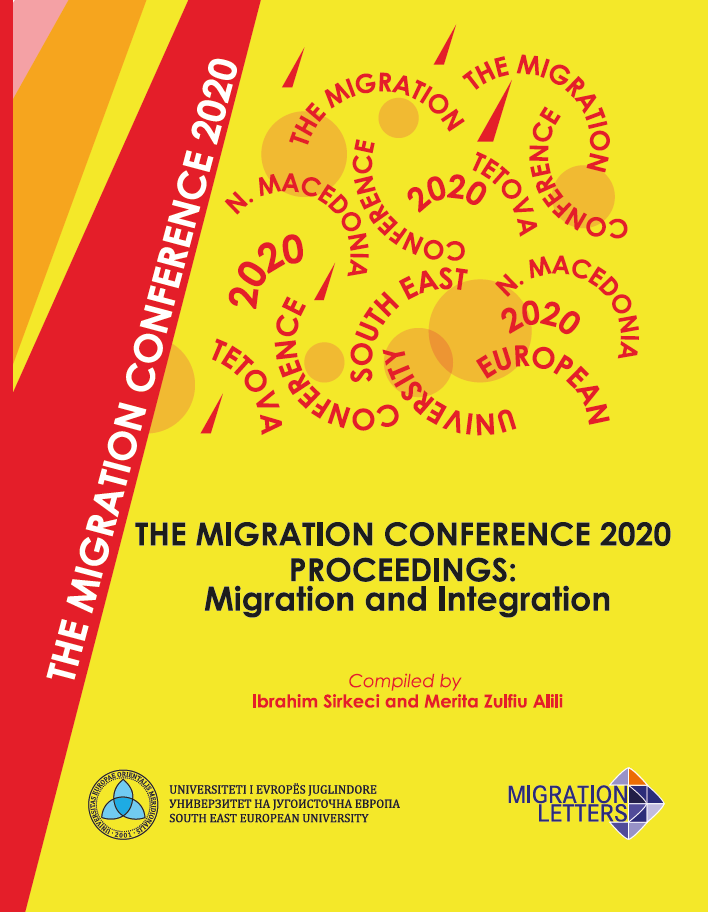Return Migration, Social Integration, And Brain Gain: Wenzhou Migration’s Return To China And Relevant Policies In Host And Home Countries
Return Migration, Social Integration, And Brain Gain: Wenzhou Migration’s Return To China And Relevant Policies In Host And Home Countries
Author(s): Libei Wu
Subject(s): Labor relations, Human Resources in Economy
Published by: Transnational Press London
Keywords: Reverse Migration; Return Migration; Wenzhou; Human Capital; Social Protection; Migration Policy;
Summary/Abstract: This paper illustrates how and why a growing number of Chinese migrants move back to China and what social influences they have on both host and home countries. While categorising various determinants for return migration, I argue that these determinants are not only economic but also environmental and cultural, especially for certain groups of migration. This paper also examines whether the degree of migrants’ integration in host countries such as Spain or the United States is a dominant factor in return migration through interviews with migrants from the Wenzhou region in South China during the reform period. With comparisons between different Wenzhou migration groups, the regulation of informal economic activities and other policies in host countries is to show to potentially induce return migration and thus cause adverse consequences for the host countries. Therefore, how to make full use of highly-accumulated human capital brought by (return) migration mainly depends on relevant policies in both host and home countries. In recent years, China has come to the forefront of the global competition for talent by exploring effective mechanisms to deal with its increased migrants and return ones, while the Western countries appear to be struggling with their migration issues.
Book: The Migration Conference 2020 Proceedings: Migration and Integration
- Page Range: 199-215
- Page Count: 17
- Publication Year: 2020
- Language: English
- Content File-PDF

